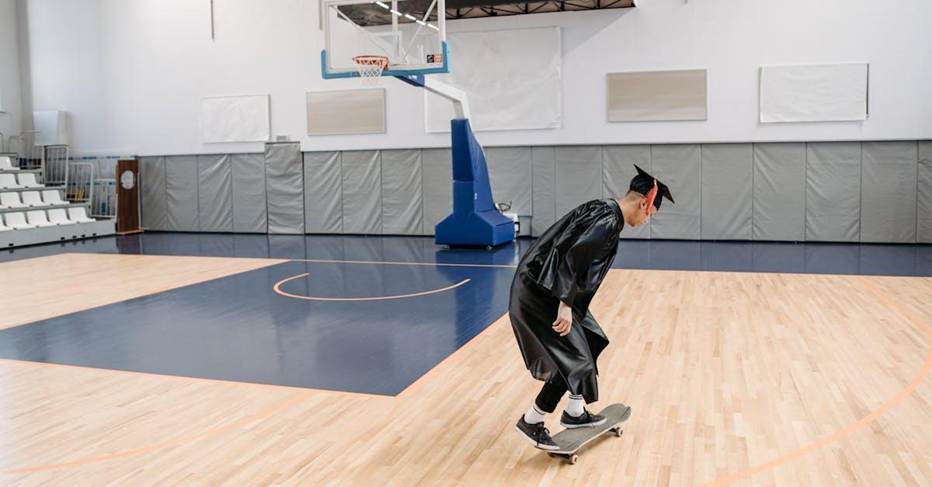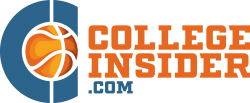What’s Fueling Peak Performance in 2025 Student Athletes: Innovation, Nutrition & Tech Insights
 Photo by Pavel Danilyuk on Pexels
Photo by Pavel Danilyuk on Pexels
As we dive into the world of student athletes in 2025, it’s clear that a perfect storm of innovation and dedication is reshaping peak performance. From cutting-edge training techniques to advanced nutrition plans, today’s young athletes are equipped with tools that were once unimaginable. They’re not just competing; they’re redefining what it means to excel in sports.
We’ll explore how technology, psychology, and holistic approaches are coming together to elevate student athletes to new heights. By understanding these dynamics, we can appreciate the incredible journey these young competitors embark on. Join us as we uncover the secrets behind their success and the future of athletic performance.
Understanding Peak Performance
Peak performance in student athletes requires a multifaceted approach that combines physical training, nutritional support, and mental resilience. We recognize that advanced training techniques, such as sport-specific drills and injury prevention methodologies, play a vital role in developing athletic skills and maintaining optimal health.
Nutrition significantly contributes to peak performance. Student athletes benefit from tailored meal plans that include macronutrients, vitamins, and minerals essential for growth and recovery. Incorporating supplements like whey protein powder for bariatric patients can enhance muscle recovery and support overall health. This adaptation allows student athletes to rebuild muscle post-exercise, vital for sustained success.
Mental aspects can't be overlooked in our quest for peak performance. Techniques such as visualization and mindfulness improve focus and reduce performance anxiety. Developing mental skills through sports psychology leads to increased confidence during critical competition moments.
Technology's role in training cannot be understated. Wearable devices track performance metrics, providing real-time feedback that informs adjustments to training regimens. Analyzing data allows us to fine-tune techniques, ensuring athletes maximize their potential.
Moreover, fostering a supportive community enhances motivation and accountability among student athletes. Regular interactions with coaches, trainers, and peers create an environment that promotes growth and perseverance. Encouraging positive relationships helps students balance academic commitments alongside athletic endeavors.
Understanding peak performance involves integrating innovative training, proper nutrition, mental preparation, and community support, paving the way for success among 2025 student athletes.
Psychological Factors
Psychological factors play a crucial role in the peak performance of student athletes in 2025. Mental resilience and motivation techniques significantly influence their ability to excel in competition.
Mental Resilience
Mental resilience enables athletes to adapt to challenges and setbacks effectively. This attribute develops through techniques like mindfulness training and visualization practices. These methods promote a heightened focus, helping athletes maintain composure under pressure. Studies show that resilient athletes perform better in high-stress situations, improving overall outcomes in competitions. Developing mental resilience involves consistent practice and a willingness to confront one's fears and limitations.
Motivation Techniques
Motivation techniques are essential for sustaining peak performance in athletes. Goal-setting is a powerful strategy, as it provides clear benchmarks for progress. Utilizing intrinsic motivation fosters a deeper commitment to training regimens. Additionally, positive self-talk and affirmations can enhance confidence levels prior to competitions. Engaging with a supportive community of coaches and peers also boosts motivation, creating an environment where athletes feel empowered to achieve their best.
Physical Training Innovations
Physical training innovations play a crucial role in the peak performance of 2025 student athletes. Advanced methods adapt to each athlete's unique needs, paving the way for success.
Advanced Workout Regimens
Advanced workout regimens incorporate sport-specific drills and strength-building exercises. We design personalized training plans that focus on agility, endurance, and power. High-intensity interval training (HIIT) boosts cardiovascular fitness while sport-specific movements enhance skill execution. Monitoring performance through wearable devices allows athletes to adjust their routines based on real-time feedback, ensuring optimal training intensity and effectiveness.
Recovery Strategies
Recovery strategies have evolved to prioritize physical well-being. We emphasize active recovery techniques, including stretching and foam rolling, to reduce muscle soreness. Sleep optimization remains crucial, as adequate rest enhances recovery and performance. Nutrition plays a vital role, with tailored meal plans incorporating items like whey protein powder for muscle repair and recovery. Strategic hydration and the timing of nutrient intake further support athletes' recovery, enabling sustained peak performance.
Nutritional Advances
 Photo by Jan Landau on Unsplash
Photo by Jan Landau on Unsplash
Nutritional advances play a crucial role in fueling 2025 student athletes, enabling them to achieve peak performance. Tailored diets and strategic supplementation significantly contribute to their success.
Diet Trends for Athletes
We focus on diet trends that prioritize whole foods, nutrient density, and personalization. Athletes increasingly adopt plant-based diets rich in fruits, vegetables, whole grains, and legumes, promoting recovery and energy levels. Furthermore, Mediterranean-style eating, emphasizing healthy fats and lean proteins, enhances athletic endurance. Customized meal plans target individual goals, including muscle gain or weight maintenance, while supplementing with foods like whey protein powder for effective post-workout recovery.
Supplementation Practices
Supplementation practices have evolved to support athletic performance and recovery. Commonly used supplements include branched-chain amino acids (BCAAs), creatine, and whey protein. Huge Supplements aid muscle recovery, enhance endurance, and promote strength gains. Additionally, athletes utilize hydration supplements to maintain fluid balance during rigorous training. Focused on innovation, we see a surge in adaptogens that support stress management and overall well-being, crucial for maintaining peak performance in competitive environments.
Technological Integration
Technological integration significantly enhances the performance of student athletes in 2025. Advanced tools that monitor training, recovery, and nutrition lead to improved outcomes.
Wearable Technology
Wearable technology plays a critical role in tracking real-time performance metrics. Devices like smartwatches and fitness trackers provide insights on heart rate, sleep patterns, and activity levels. This data allows athletes to adjust their training intensities based on immediate feedback. Implementing these devices fosters accountability and encourages athletes to maintain optimal training schedules.
Performance Analysis Tools
Performance analysis tools offer detailed feedback on technique and execution. Video analysis software enables athletes to review their movements, allowing for targeted improvements in skills. Coaches and trainers use these tools to develop personalized strategies, ensuring athletes adhere to specific performance goals. Additionally, integration of analytics platforms aids in managing training loads and recovery needs, optimizing overall performance and enhancing injury prevention strategies. For deeper insights, check out NCAA, a leading authority on college athletics.


